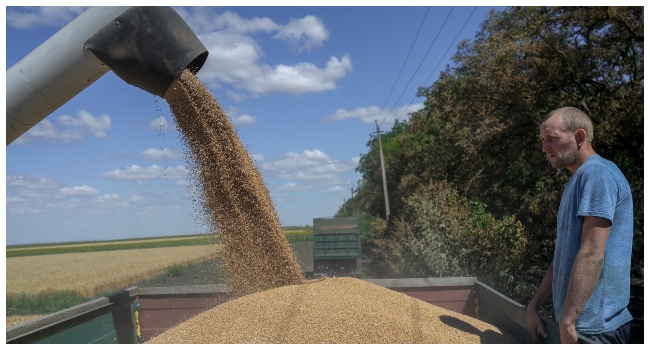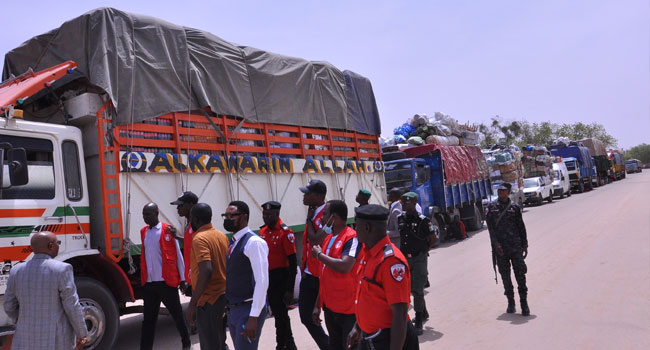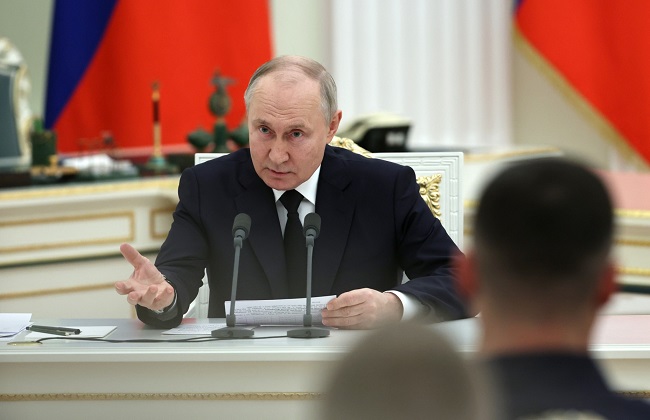
Ten million metric tonnes of grains and foodstuffs have left Ukraine in the past three months, the UN chief said Thursday, calling for the renewal of a deal vital to “reducing the risk of hunger” worldwide.
The landmark announcement comes just days after the so-called Black Sea grain deal, which was put in place over the summer to ease the global food crisis caused by Russia’s war in Ukraine, was called into question by Moscow’s complaints over sanctions.
“The Black Sea Grain Initiative is making a difference,” United Nation chief Antonio Guterres told journalists.
“As of today, ten million metric tonnes of grain and other foodstuffs have been shipped through the Black Sea corridor. It has taken just three months to reach this milestone.”
He noted that Russia’s brief withdrawal from the deal earlier this week, which led to a further increase in global food prices, had shown the “importance” of the accord in stemming the global food crisis and “reducing the risks of hunger, poverty, and instability.”
READ ALSO: Power, Water Restored In Kyiv After Russian Strikes
“The initiative is working. It is our collective responsibility to keep it working smoothly,” said Guterres.
He called for concentrated efforts toward the “renewal and full implementation of the Black Sea Grain Initiative.”
The 120-day grain deal was signed between Moscow, Kyiv, the UN, and Turkey on July 22 in an effort to combat the global food crisis sparked by the war, which had stalled all agricultural exports from one of the world’s breadbaskets.
Even before Russia’s move to pull out of the deal on Saturday, from which it backtracked on Wednesday, uncertainty over the extension of the initiative had led to price increases of certain products.
Guterres also urged the parties to focus on “removing the remaining obstacles to the exports of Russian food and fertilizer.”
Russia has slammed its inability to export its own grain and fertilizer as part of a second agreement, due to Western sanctions.
“The world needs concerted efforts to urgently address the global fertilizer market crunch and make full use of Russian export capacity,” said Guterres.
“The fertilizer shortage is already affecting farmers around the world. We cannot allow the global fertilizer shortage to morph into a global food shortage.”
AFP



